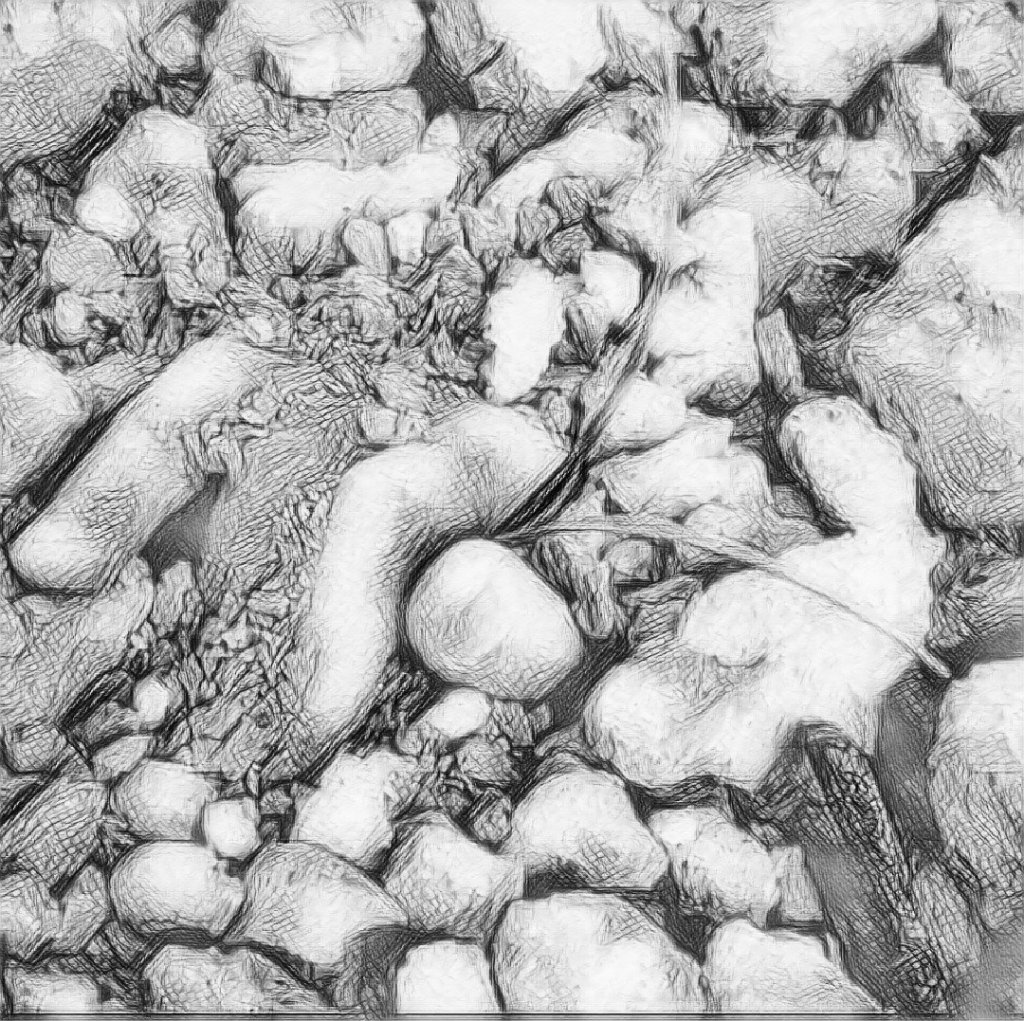|
How and why did we let ourselves be continuously buried under rubble?
Without implicating ourselves in entrenching the Orientalist caricatures of Southwestern Asian societies as incapable of self-government, there are questions to be asked about quietist and conformist tendencies, about the ostrich-like behavior and the zombie attitude. These questions do not lend themselves to easy answers. But engaging with them may facilitate critical assessment of the prospects for sustainable change. According to Patricio Aylwin Azocar: “Ordinary men and women may often feel unmotivated to exert their citizenship, either because they cannot tell the difference between the different alternatives, or because they have lost faith in the political classes, or because they feel that the really important issues are not in their power to decide”. As for the well-known poet Adonis, he reproaches the deification of the political party, the ideology and the community – Adonis opposes the sacralisation that colours and creeps into politics, turning parliamentarians, ministers and other public servants into demi-gods, their ideologies into gospels and political parties into quasi-sects. Indeed, over the past decades, the legacy of multiple wars in Lebanon, including hypermnesia, and paradoxically the tabula rasa mentality and strategy, have produced in the minds of a good many Lebanese the illusion that somehow “somebody” – the warlord, the zaim, the political party, the sectarian community/belonging – but not the State (or the embodiment of the common management of our diversity), can provide for ALL needs, so why make much effort to fulfill what used to be considered in practice (or are considered in the Constitution) the responsibilities of any citizen? As Larbi Sadiki describes Adonis in The Search for Arab Democracy, he is in all of this “an iconoclast”. “His predilection is for fluidity, plurality and provisionalism”. The icons of Lebanese politics have all cultivated and entrenched political iconolatry, and that iconolatry has been internalized by many Lebanese, thus has weakened the case for citizenship. Adonis’s iconoclasm (desacralisation) seems therefore justified, but in my opinion, when it comes to the Lebanese case, iconoclasm is not a generalized rebellion which will not take place given local divisions – and let us not forget the chaotic outcome of the so-called ‘Arab Spring’ in most countries where it occurred -, but a change-making process located in multiple local and diasporic social-political struggles already taking place. Agents of dialogue, non-governmental organizations, academics and activists have been trying their best, especially since the 1990s (and before), to raise awareness about the necessity of reforming the social-political system and of finding solutions to numerous crises such as the economic, environmental, cultural,…; crises of paradigms, identities, difference, indifference, intolerance, belligerence, ignorance, oppression, fanaticism, and of missionary zeal. However, if we want to shift from subjection, autocracy, blind faith, absolutism, fixity, non-participatory polity and “denizenship” to citizenship and good government, we will have to crawl out from under rubble, we will have to desacralise, we will have to become iconoclasts, and by that I mean: we will have to start make use of the energy and creativity of all these agents and encourage new initiatives, to serve our society (and continue on serving) even from afar (Lebanese living in diaspora) while continuing our primary missions, to pull up the stories of people who have been silenced, to harness solidarity into forms of actions that would contribute to the change-making process in an efficient manner, and to redirect the substantial energy of our frustration – when our streets and lives are vanishing under piles of glass, debris and garbage – and turn it into positive, effective, unstoppable determination. “If beyond hopelessness there is hope, I am hopeful” (Elias Khoury). And I am calling on my fellow academics and artists to further publicize/disseminate their knowledge as a catalyst for social-political change, to share and continue to share the myriad ways they use their expertise to expand public discourse and promote social justice, human rights, peacebuilding and alternative diversity management approaches. Intellectual activism or public sociology – or social justice education/ peace education – is an important form of activism that should accompany street protests, boycott and demonstrations. It is about the democratization of knowledge, about facilitating other forms of activism by giving people data, symbols and paradigms they can reference to back up their positions on social and political issues (as Popkewitz and others have noted, “Knowledge provides the principles through which options are made available, problems defined, and solutions considered as acceptable and effective”), by fostering dialogue and constructive criticism. It is about stepping out of the office and putting the accumulated research to use. It is about ‘being academic and artist’ as a social role, not just a job, especially when the silence of many maintains injustice, which it frequently does. True that academia and the arts do more than influence society, they are also shaped by it, they reflect the antagonisms and reproduce them, they are contested sites where various agendas and desires are promoted and through which power circulates to produce and legitimate certain kinds of knowledge, experience and ways of knowing, but academia — and some aspects of artistic production — in Lebanon is also inherently an elitist hierarchical structure and most academics/artists are worried about keeping their jobs, getting tenure and selling their artworks. Yet despite these limitations and that of self-enclosure of the Ivory Tower, there are already engaged iconoclast Lebanese academics and artists, and they are making a difference, but more need to engage beyond their classrooms, books, academic journals, and ‘ateliers’, to be in the act of researching people, themselves, the dynamics of oppression and the politics of social interactions and injustices, to become aware of the people’s often unknowingly complicit in the process of oppression, to create knowledge in and through meaningful participation and action with others, to bring people together and contribute to finding reasons of solidarity, to transform boundaries into spaces where lives and pedagogies are constructed together in ways that work for social justice and lead to powerful possibilities, and where dialogic and open-ended praxis based on more collaborative and caring relationships is promoted. Dr. Pamela Chrabieh -- also available on: pamelachrabiehblog.com
0 Comments
|
AuthorWrite something about yourself. No need to be fancy, just an overview. Archives
March 2024
Categories
All
|


 RSS Feed
RSS Feed
